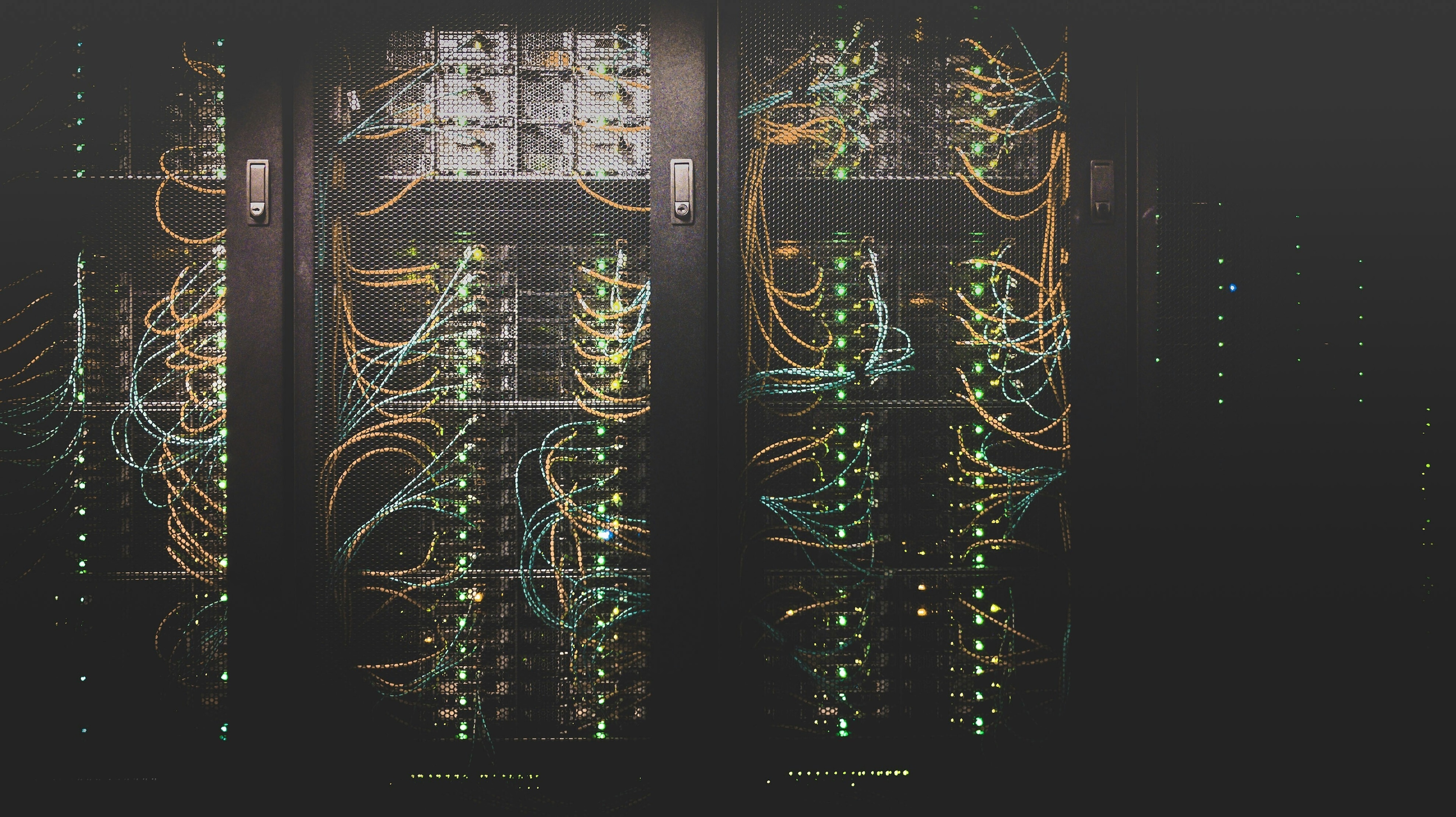The world is changing. Here’s how companies must adapt

The Fourth Industrial Revolution will eliminate millions of jobs and create millions of new ones.
Image: REUTERS/Issei Kato
Stay up to date:
The Digital Economy
Although we have only seen the beginning, one thing is already clear: the Fourth Industrial Revolution is the greatest transformation human civilization has ever known. As far-reaching as the previous industrial revolutions were, they never set free such enormous transformative power.
The Fourth Industrial Revolution is transforming practically every human activity: the way we make things; the way we use the resources of our planet; the way we communicate and interact with each other as humans; the way we learn; the way we work; the way we govern; and the way we do business. Its scope, speed and reach are unprecedented.
Think of it: Just 10 years ago, there was no such thing as a smartphone. Today, no one leaves home without it.
Just a few decades ago, the internet connected computers at just a few sites. Today, practically every human being can connect to a network that spans the entire globe and provides access to the greatest repository of information and knowledge ever created by humankind.
Enormous power entails enormous risk. Yes, the stakes are high. If we get the revolution right, digitalization will benefit the nearly 10 billion humans inhabiting our planet in the year 2050. If we get it wrong, societies will be divided into winners and losers, social unrest and anarchy will arise, the glue that holds societies and communities together will disintegrate, and citizens will no longer believe that governments are able to fulfill their purpose of enforcing the rule of law and providing security.

That's why the Fourth Industrial Revolution is not just about technology or business; it's about society. It is fascinating when a computer beats the best human GO player, when bots write texts, and machines "talk" to each other. Nevertheless, we humans define the algorithms that govern machines and not the other way around. And make no mistake about it: we are now writing the code that will shape our collective future.
That's happening in manufacturing right now. What we call Industrie 4.0 enables manufacturers to create a "digital twin" of the entire manufacturing environment – from lab to factory floor, from showroom to service. Manufacturers can design, simulate, and test sophisticated products in the virtual domain before making the first physical prototype, before setting up production lines, and before starting actual production.
Software helps optimize every process and every task, whether performed by humans or machines. Once everything works in the virtual world, the results are transferred to the physical world, the machines, and they close the loop by reporting back to the virtual world.
This seamless integration of the virtual and the physical worlds in so-called cyber-physical systems – that is the giant leap we see today. It eclipses everything that has happened in industry so far. As in previous industrial revolutions but on a much larger scale, the Fourth Industrial Revolution will eliminate millions of jobs and create millions of new jobs. And because manufacturing accounts for 70% of global trade, this really is about "the wealth of nations", to quote Adam Smith. That raises the question: what can we do to make sure as many citizens as possible benefit from the Fourth Industrial Revolution?
First, we can learn from the past and lay the conceptual foundation for an inclusive society. In the middle of the 20th century, thought leaders such as the economist Alfred Müller-Armack developed the so-called social market economy, Germany's model of success to this day.
He envisioned an open society that aims to "unite the principle of the free market with that of the fair distribution of prosperity". This vision is more relevant today than ever before because it points the way to an inclusive form of capitalism and to a sustainable model of economic and social well-being. I believe that the next step on the path to inclusiveness is to significantly raise standards for business as far as social responsibility and sustainability are concerned.
Contrary to Milton Friedman's maxim, the business of business should not just be business. Shareholder value alone should not be the yardstick. Instead, we should make stakeholder value, or better yet, social value, the benchmark for a company’s performance.
Today, stakeholders – customers, shareholders, suppliers, employees, political leaders, society as a whole – rightfully expect companies to assume greater social responsibility, for example, by protecting the climate, fighting for social justice, aiding refugees, and training and educating workers. The business of business should be to create value for society. At Siemens, we call this "business to society".
Second, because the Fourth Industrial Revolution runs on knowledge, we need a concurrent revolution in training and education. Here, both government and business must join forces to provide workers with the skills and qualifications they need to participate in the digital economy, for instance, by being able to tap the opportunities created by artificial intelligence. If the workforce doesn't keep up with advances in knowledge throughout their lives, how will the millions of new jobs be filled?
Third, we must encourage innovation and the ability to adapt. Digitalization has demonstrated its disruptive power in the past; it has turned entire industries upside down. You know the saying, "The internet cuts out the middleman". Digital technologies enable completely new business models – and now we see that they enable new social models. One of these is the sharing economy. It challenges one of the fundamental precepts of our economic order: the prominent role of property. Whether you consider this good or bad, it’s reality.
Fourth, as leaders we must summon the courage to address the tough questions. And there are plenty of them. How can we secure the future of those whose jobs will be eliminated by machines? Do we need a guaranteed basic income? Should we impose taxes on software and robots? Do companies that provide global IT platforms have to comply with national rules and regulations? If so, how can they be enforced? What freedoms and rights should individuals have in the digital age?
These are the tough questions we face today. And I don't think longing for the alleged "good old days" will yield good answers. In his book "Retrotopia", the Polish sociologist and philosopher Zygmunt Bauman maintains that many have lost all faith in the idea of building a future society and turn to the ideas of the past, buried but not dead.
Instead, we should look forward, point out both the opportunities and risks of the Fourth Industrial Revolution, and then roll up our sleeves and create answers that really work for us and future generations.
Don't miss any update on this topic
Create a free account and access your personalized content collection with our latest publications and analyses.
License and Republishing
World Economic Forum articles may be republished in accordance with the Creative Commons Attribution-NonCommercial-NoDerivatives 4.0 International Public License, and in accordance with our Terms of Use.
The views expressed in this article are those of the author alone and not the World Economic Forum.
Related topics:
Forum Stories newsletter
Bringing you weekly curated insights and analysis on the global issues that matter.
More on Fourth Industrial RevolutionSee all
Tony Pan
August 27, 2025
Kai Zenner and Benedikt Gieger
August 25, 2025
Spencer Feingold
August 18, 2025






